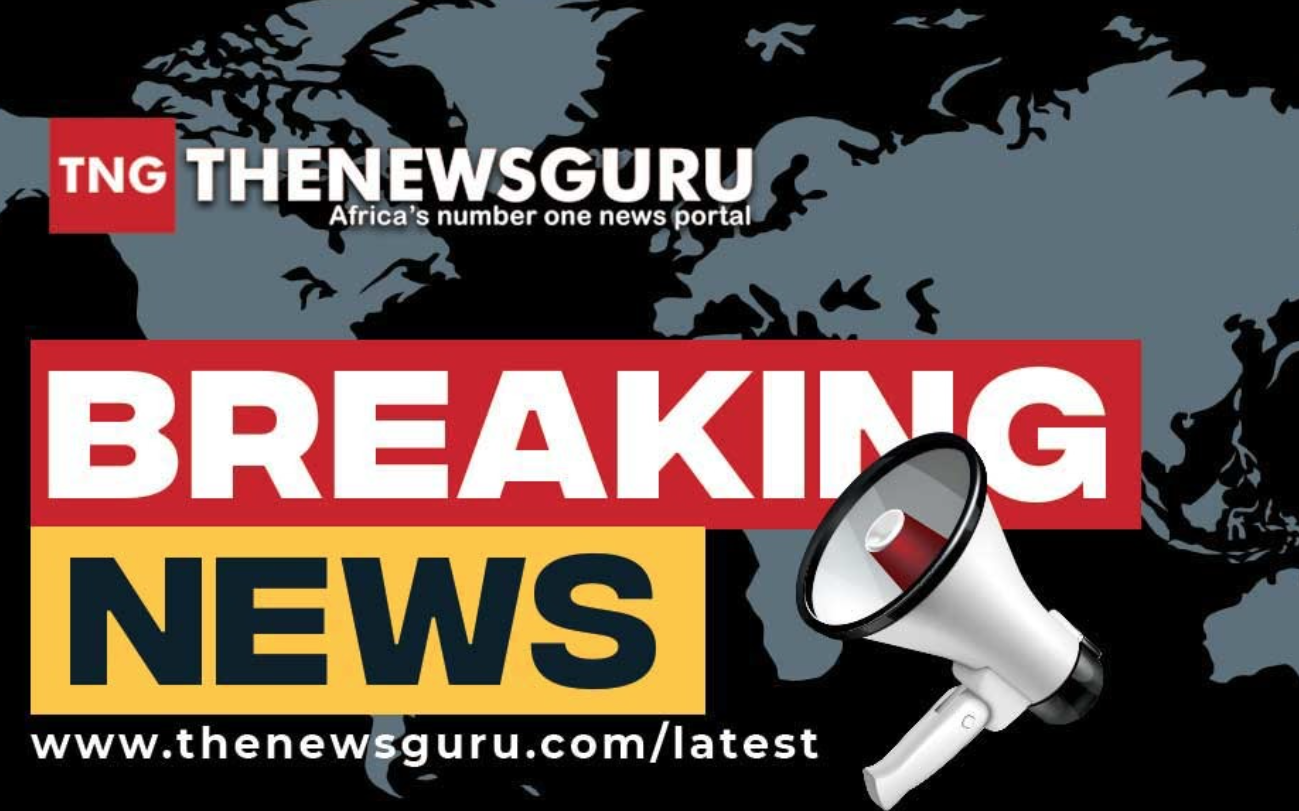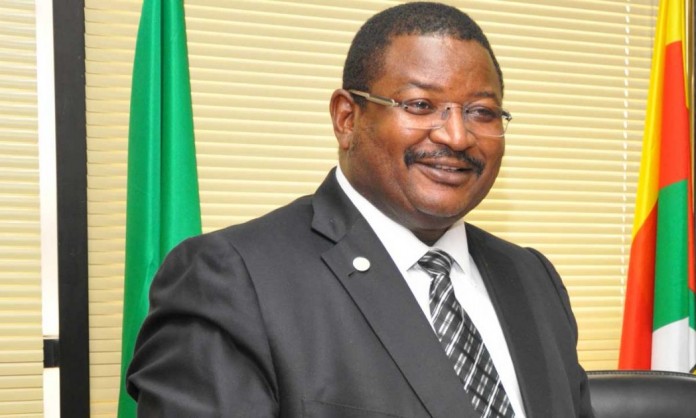By Carl Umegboro and Onche Odeh
WHAT began as the usual queues for fuel that often disappear after a few days lingered for a longer period this time around, leaving Nigerians with many thoughts of what could have been the cause. When the queues approached the third week in January, many Nigerians thought the marketers were up to their usual trick of trying to make a brisk business from their old stock of Premium Motor Spirit (PMS) commonly known as petrol as rumours were rife then that the government was to effectively stop paying subsidy for petrol at the end of the month.
While Nigerians were trying to get their heads around a fresh reason for the scarcity after the government announced the suspension of subsidy removal, news of the real reason emerged. The Nigerian Midstream and Downstream Petroleum Regulatory Authority (NMDPRA), the petroleum sector regulator, disclosed that they had to order the shutting down of some filling stations because they had taken delivery of PMS laced with methanol at quantities above Nigerian recommended standard. The move as explained was to purge the affected chain of the bad fuel from the market.
Upon investigation, the Nigerian National Petroleum Company (NNPC) Limited disclosed that the adulterated petrol was imported into Nigeria undetected by four importers from Antwerp in Belgium, going ahead to also reveal the oil companies that brought it in. However, the four oil companies accused by the NNPC denied the allegation, thereby creating confusion on the crisis. This catastrophe has therefore reinforced earlier appeal by the Standards Organisation of Nigeria (SON) for inter-agency collaboration for effective sectoral standards regulation.
During a late-night briefing held on Wednesday, February 9, 2022, in Abuja, the Group Managing Director (GMD) of NNPC, Mele Kyari, maintained the position. An interesting twist to the disaster was the failure of quality inspectors to detect the high level of Methanol in the petrol, first at the point of export from Belgium and the point of arrival in Nigeria. Meanwhile, NNPC’s quality inspectors including GMO, SGS, GeoChem, G&G and other inspection agents appointed by the Midstream and Downstream Petroleum Regulatory Authority had certified that the cargoes met Nigerian specifications.
Explaining why the adulterated petrol missed the eagle eyes of the inspectors, the NNPC GMD said the quality checks do not include checks for Methanol percentage adding that cargoes quality certificates issued at load port in Antwerp-Belgium by AmSpec Belgium indicated that the gasoline complied with Nigerian Specification.
Whatever the reason might be, it has indeed created a very difficult period for Nigerians, as the situation has left many people with damaged vehicles and machines whose operations require the use of petrol as fuel. Conceding to this, the NNPC GMD said, “It is a very difficult period for us, and it is very important to update our customers and members of the general public on the ongoing efforts by NNPC and other stakeholders including you, to resolve the issues generated by the unfortunate supply and discharge of methanol blended gasoline (PMS) in some Nigerian depots.”
From observation, some remedial actions like quarantine of all un-evacuated volumes and the holding back of all the affected products in transit (both truck and marine) put in place by NNPC since it received the report of the adulterated petrol on 20th January are on course. Earlier in the year, SON announced plans to standardize the nation’s oil and gas sector in its bid to enhance products and services quality attainment in the sector beginning from 2022. To this effect, the Director-General of SON, Mallam Farouk Salim inaugurated a Steering Committee to coordinate modalities for implementing the provisions of SON Act No 14 of 2015 as it relates to the nation’s oil and gas sector.
Other areas SON would resourcefully offer support towards standardization of the industry include quality management system requirements for the petrochemical, oil and natural gas industry, basic offshore safety induction and emergency training amongst others. From reports, SON DG has tasked the in-house committee to enhance SON’s activities and strategic repositioning in the oil and gas industry to effectively regulate quality and promote international best practices, assuring that the organisation is prepared to overcome challenges that may arise in the course of striving to improve standardisation and quality assurance in the Oil and Gas Sector.
The imported petrol adulteration incident may have heightened the call for SON to be returned to the ports to complement what other agencies there are doing. Although, a record shows that SON is already collaborating with other regulatory agencies as confirmed by the organisation’s Director, Public Relations, Bola Fashina, the time to step this up is now.
“SON has been working closely with agencies to ensure compliance to standards. On issues surrounding food and other regulated products, we are working closely with the National Agency for Food and Drug Administration and Control (NAFDAC), on the environment, we are working with the National Environmental Standards and Regulations Enforcement Agency (NESREA), we have a good collaborative relationship with the Nigeria Customs Service and other regulatory agencies in the country. But with the recent event, we are going to speed up our collaboration with other agencies,” Fashina said.
The hard struggle by NNPC and Nigerian Midstream and Downstream Petroleum Regulatory Authority (NMDPRA) to mop up the adulterated petrol from circulation is a sad reminder of the point that has been repeatedly made by the previous and current leadership of SON, the National Assembly and other stakeholders, that ‘it is easier to fight the influx of substandard products at the points of entry than chasing them around all over the country in markets and warehouses, among others.’
According to statistics, over 75 per cent of the products imported into the country come through the seaports and waterways. Immediate past Chairman of Nigeria’s Senate Committee on Industry, Sam Egwu, emphasized this point with a call for the return of SON to the nation’s ports during one of the committee’s oversight functions to SON’s offices and laboratories in Lagos.
“Nigeria is import-dependent, with porous borders and for them not to be at the port to inspect these goods first-hand is not good enough. They should be allowed to be at the ports to see these products before they enter the market,” Egwu said.
This was also echoed by the chairman, House of Representatives Committee on Industry, Enitan Dolapo-Badru, at an oversight visit to SON’s laboratory in Lagos. However, SON has appealed to the National Assembly to support its quest to establish more laboratories in the country, stressing that the agency is inundated with so many goods to certify, monitor and test especially at this time when the African Continental Free Trade Agreement (AfCFTA) has taken full flight. Thus, all hands must be on deck.
Umegboro is a public affairs analyst while Odeh is an environmental analyst.








